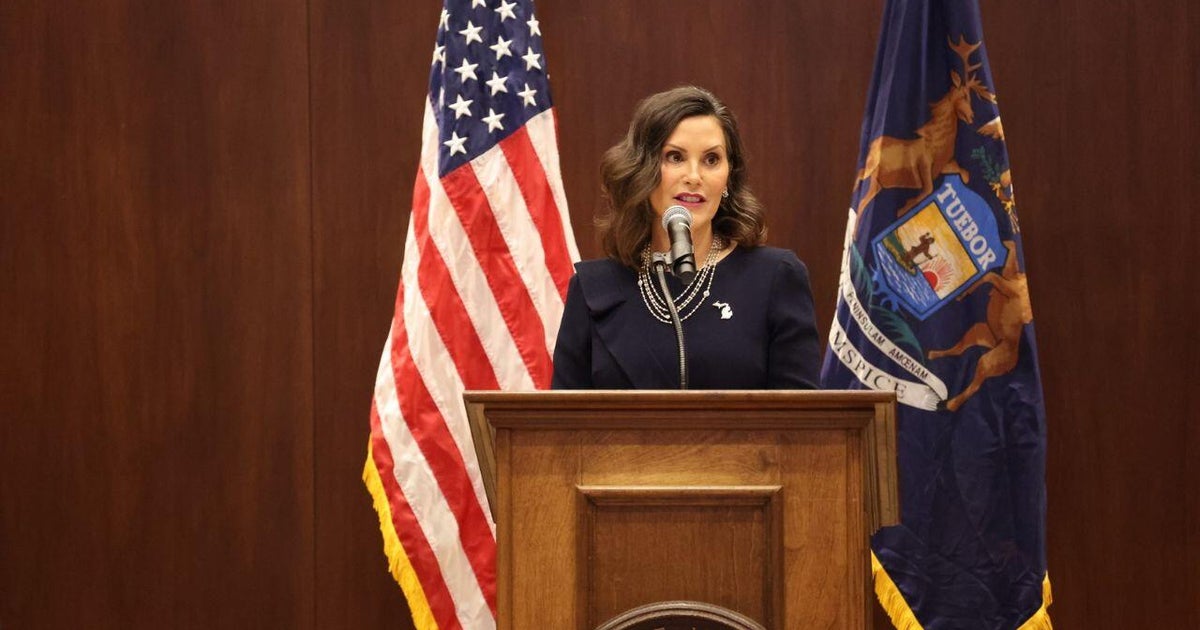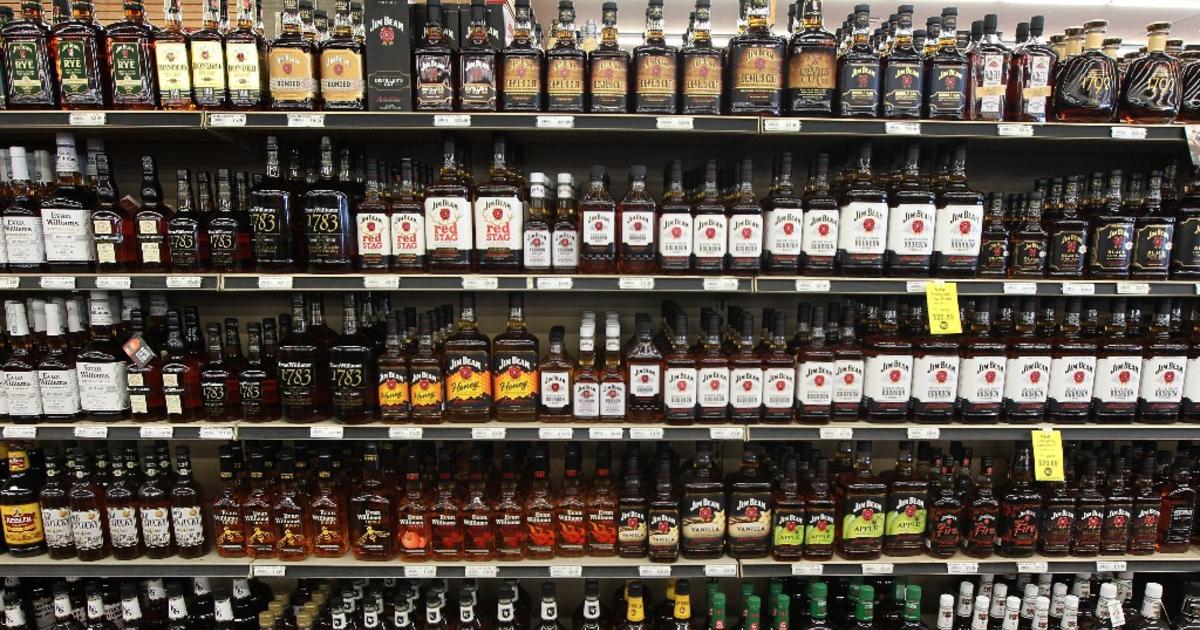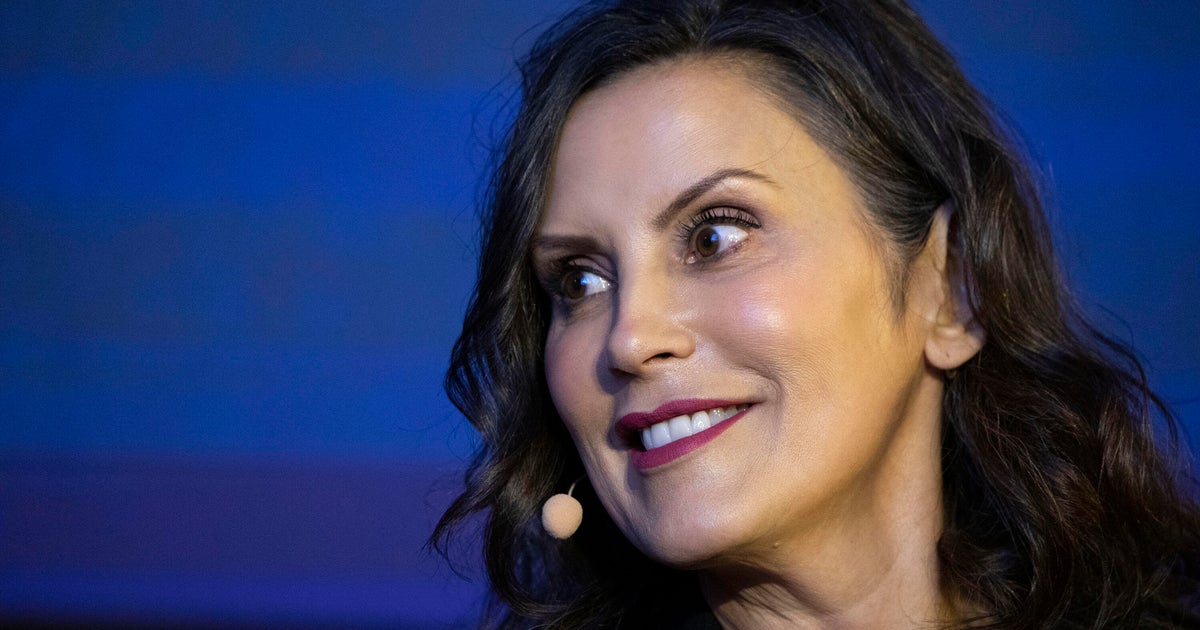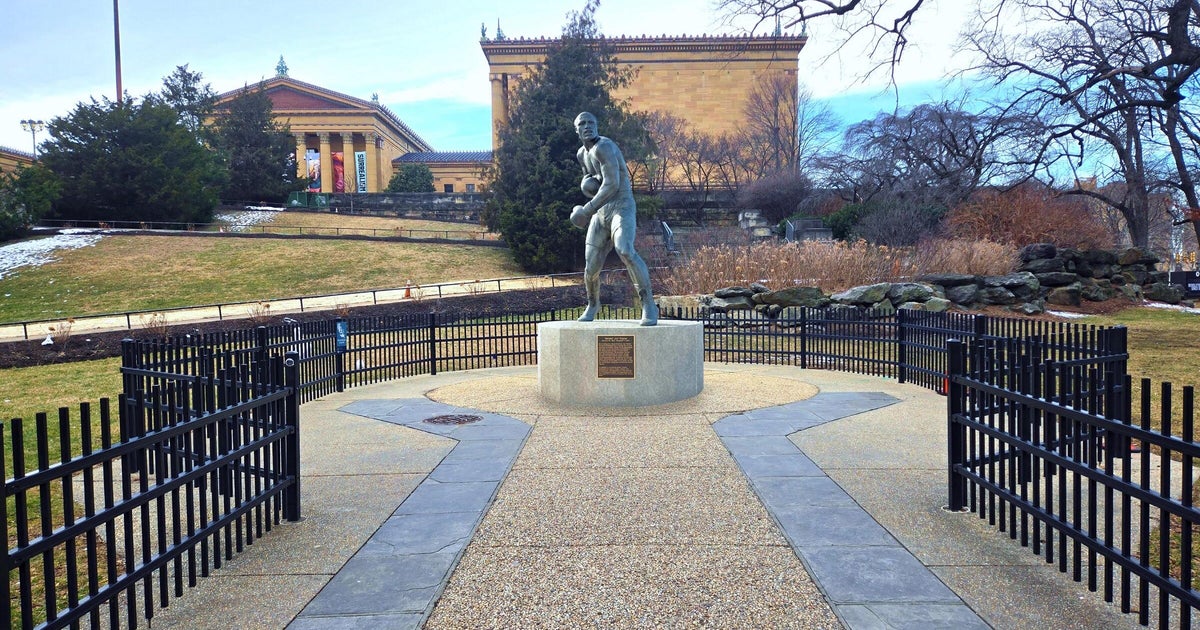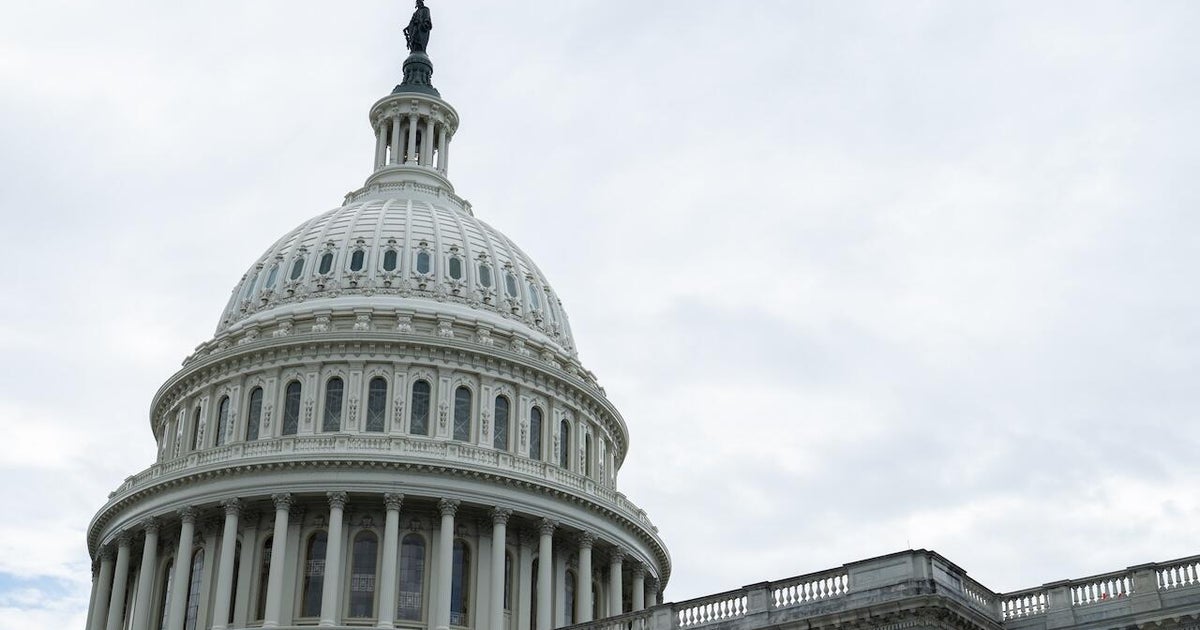Christie Squashes Minimum Wage Bill, Proposes Scaled-Back Alternative
TRENTON, N.J. (CBSNewYork/AP) -- Gov. Chris Christie vetoed a bill Monday that would have raised New Jersey's minimum wage by $1.25 per hour.
The governor, however, is suggesting a scaled back $1 per hour wage increase if Democrats agree to phase it in over a three-year period.
Democrats, meanwhile, appeared ready to continue with an alternate plan to put the wage hike question to voters in November.
Monday was the deadline for Christie to act on the Democrats' proposal to raise the minimum wage to $8.50 per hour on March 1 and tie automatic yearly adjustments to the Consumer Price Index.
Christie's conditional veto returns the bill to the Legislature suggesting that lawmakers scale the increase back by 25 cents, to $1 per hour and phase in the increase over three years in increments of 25 cents the first year, 50 cents the second year and 25 cents the third year.
Christie also rejected the idea of implementing automatic annual adjustments while encouraging the Democratic-led Legislature to restore a tax credit to the working poor.
"The sudden, significant minimum-wage increase in this bill, coupled with automatic raises each year tied to the Unites States Consumer Price Index, will jeopardize the economic recovery we all seek," Christie said in his veto message. "We can only build our State's earnings if we foster an environment that lifts up the working poor and struggling small businesses alike."
Senate President Stephen Sweeney has refused to consider any minimum wage bill that does not include automatic adjustments.
Sen. Barbara Buono, a Democratic candidate for governor, described Christie's action as "not shocking, it's expected, but it's a sad day for the middle class."
Christie called the legislative approach "lopsided."
The governor also called for restoration of a tax credit for the working poor that he trimmed by 5 percent in 2011. If the Earned Income Tax Credit is returned to its pre-2011 level, the average annual benefit would be $550.
New Jersey is one of 23 states whose minimum wage is $7.25, the same as the federal minimum. An increase to $8.50 would have put New Jersey third highest, behind Washington state and Oregon.
Assembly Speaker Sheila Oliver, a sponsor of the rejected bill, called Christie's action unacceptable and callous.
Oliver said Democrats have no choice but to pursue a parallel plan to seek voter approval for the proposal in November. They'll need to pass a resolution to do so, but they have enough Democratic votes to get such a measure through both houses.
Democrats argued that the current minimum wage is insufficient. The business community said employers can't afford to pay more in a sluggish economy and layoffs would result.
John Holub, president of the Retail Merchants Association, which has opposed a wage increase, called the governor's approach a reasonable compromise.
"The governor clearly understands a 17 percent wage hike, with ongoing annual adjustments, would have had a serious negative effect on New Jersey employers," Holub said. "We appreciate the governor listening to our concerns and trying to strike a balance between both sides."
Not all business owners agreed with the governor.
Eric Cedano, owner of Fast Photo Plus in Elizabeth, said he prefers a bill that contains annual indexing because of the built-in guarantee that the increase would be small and steady every year.
Share your thoughts in the comments section below...
(TM and Copyright 2013 CBS Radio Inc. and its relevant subsidiaries. CBS RADIO and EYE Logo TM and Copyright 2013 CBS Broadcasting Inc. Used under license. All Rights Reserved. This material may not be published, broadcast, rewritten, or redistributed. The Associated Press contributed to this report.)

